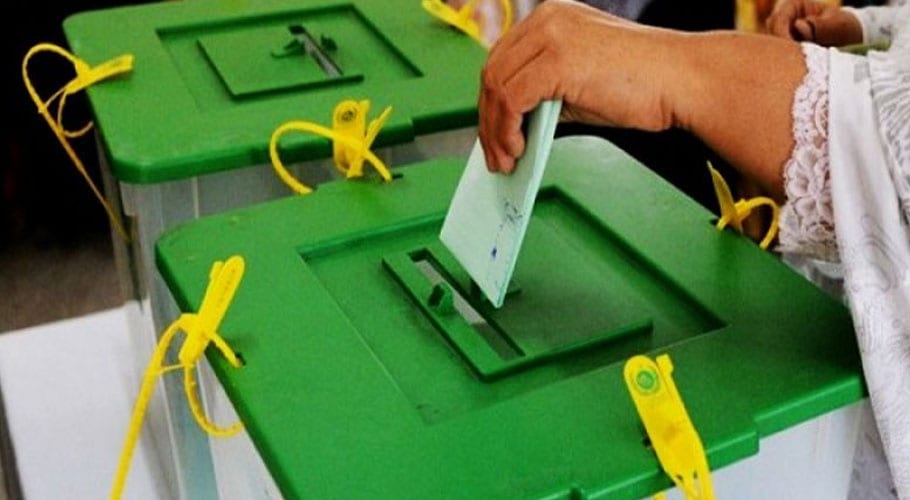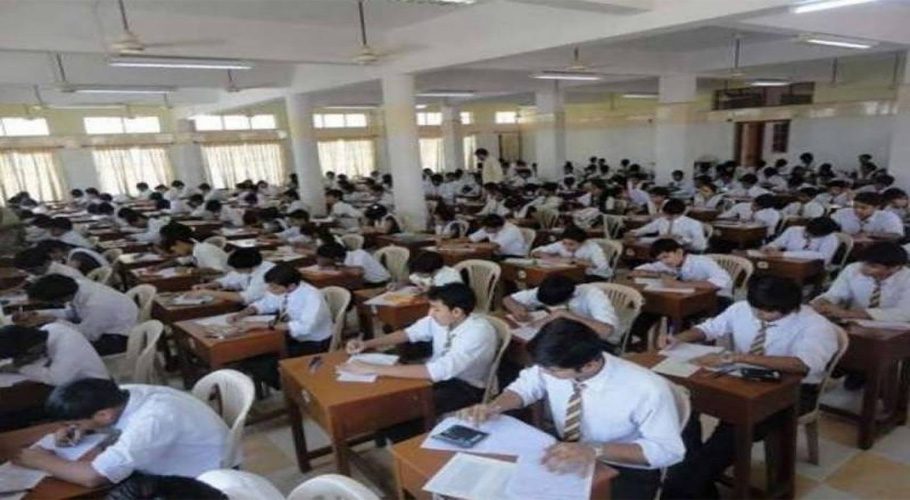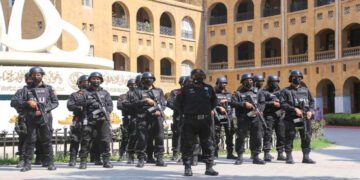 Follow Us on Google News
Follow Us on Google News
Millions of Pakistani citizens embarked on the democratic process, casting their votes to determine the country’s new government on Thursday.
While polling stations across most areas opened promptly at 8:00 am, some regions experienced delays of up to one hour, attributed to factors such as tardiness in the arrival of polling staff and ballot papers.
The voting process is scheduled to continue uninterrupted until 5:00 pm. In various parts of Karachi, long queues formed outside polling booths as eager voters awaited their turn to participate in the electoral process.
This election marks nearly two years since the ousting of the previous Prime Minister, Imran Khan, a cricketer-turned-politician, through a no-confidence vote. Analysts widely consider three-time Prime Minister Nawaz Sharif as a leading contender in this election.
Ahead of the voting, the caretaker government took the precautionary measure of temporarily suspending mobile services, including both calls and data, just minutes before polling commenced. Notably, Wi-Fi networks remain operational.
According to the Election Commission of Pakistan, over 128 million registered voters are eligible to exercise their democratic right in this election. The polling encompasses 265 seats in the National Assembly and 590 seats in provincial assemblies, distributed across various regions, including Balochistan, Khyber Pakhtunkhwa, Punjab, and Sindh.
Despite the widespread nature of the electoral process, voting will not occur in four constituencies, namely NA 8, PP 266, PK 22, and PK 91, due to the unfortunate death of a candidate. The election outcome will shape the political landscape of Pakistan for the foreseeable future.
































